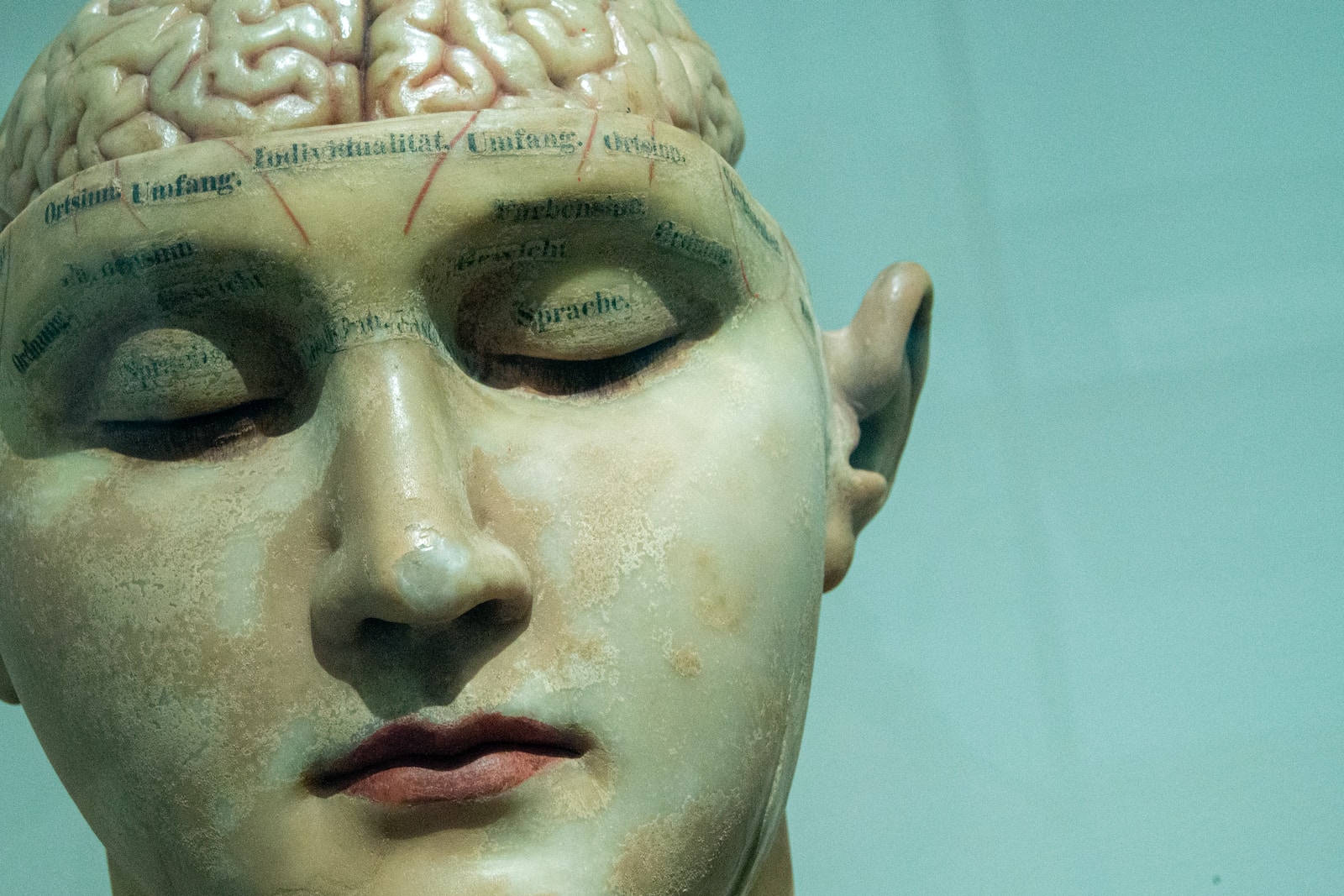The mind and body are intricately interconnected, forming an intricate web of influence. Just as our thoughts and emotions can manifest in physical symptoms, physical activity can profoundly impact our mental well-being. Exercise, often overlooked in its role as a mental health enhancer, is a powerful tool for combating stress, boosting mood, and enhancing cognitive function.
Stress Reduction through Exercise
Stress, an inevitable part of modern life, can take a significant toll on our mental health. When we experience stress, our bodies release hormones that trigger a “fight-or-flight” response. This response, while necessary for survival, can lead to physical and emotional symptoms, such as anxiety, irritability, and difficulty sleeping.
Exercise provides a natural outlet for stress, allowing us to release pent-up energy and physical tension. As we engage in physical activity, our bodies release endorphins, natural painkillers that produce feelings of euphoria and well-being. Endorphins also help to counteract the effects of stress hormones, reducing their negative impact on our bodies.
Mood Enhancement and Exercise
Exercise has a profound effect on our mood, acting as a natural mood booster. During physical activity, our brains release neurotransmitters, such as serotonin, dopamine, and norepinephrine, which play a crucial role in regulating mood and emotions. Serotonin, often referred to as the “happy hormone,” contributes to feelings of well-being and contentment. Dopamine, associated with pleasure and reward, enhances motivation and focus. Norepinephrine, known as the “stress hormone,” helps regulate mood and alertness.
Regular exercise has been shown to reduce symptoms of depression, anxiety, and low mood. Studies have demonstrated that engaging in physical activity can be as effective as antidepressants in treating depression. Exercise also promotes positive mood by enhancing self-esteem and body image. As we engage in physical activity and experience improved fitness, we develop a sense of accomplishment and pride in our bodies.
Cognitive Function and Exercise
Exercise not only benefits our mental well-being in the short term but also enhances our cognitive function and brain health over the long term. Regular physical activity promotes neuroplasticity, the brain’s ability to adapt and form new neural connections. This neuroplasticity is crucial for learning, memory, and overall cognitive function.
Studies have shown that exercise can improve memory, attention, and processing speed. It can also reduce the risk of age-related cognitive decline and protect against neurodegenerative diseases such as Alzheimer’s and Parkinson’s disease.
Incorporating Exercise into Your Routine
The benefits of exercise for mental health are undeniable. However, incorporating regular physical activity into our busy lives can be challenging. Here are some tips to help you make exercise a part of your routine:
Start slowly and gradually increase the intensity and duration of your workouts.
Find activities you enjoy, whether it’s walking, running, dancing, swimming, or cycling.
Set realistic goals and make exercise a part of your daily schedule.
Find an exercise buddy or join a group exercise class to stay motivated.
Listen to your body and take rest days when needed.
Remember, even small amounts of physical activity can make a difference in your mental health. Aim for at least 30 minutes of moderate-intensity exercise most days of the week.
Conclusion
Exercise is a powerful tool for enhancing mental well-being, reducing stress, boosting mood, and improving cognitive function. By incorporating regular physical activity into your routine, you can take charge of your mental health and experience a greater sense of well-being. Embrace the mind-body connection and discover the transformative power of exercise.


